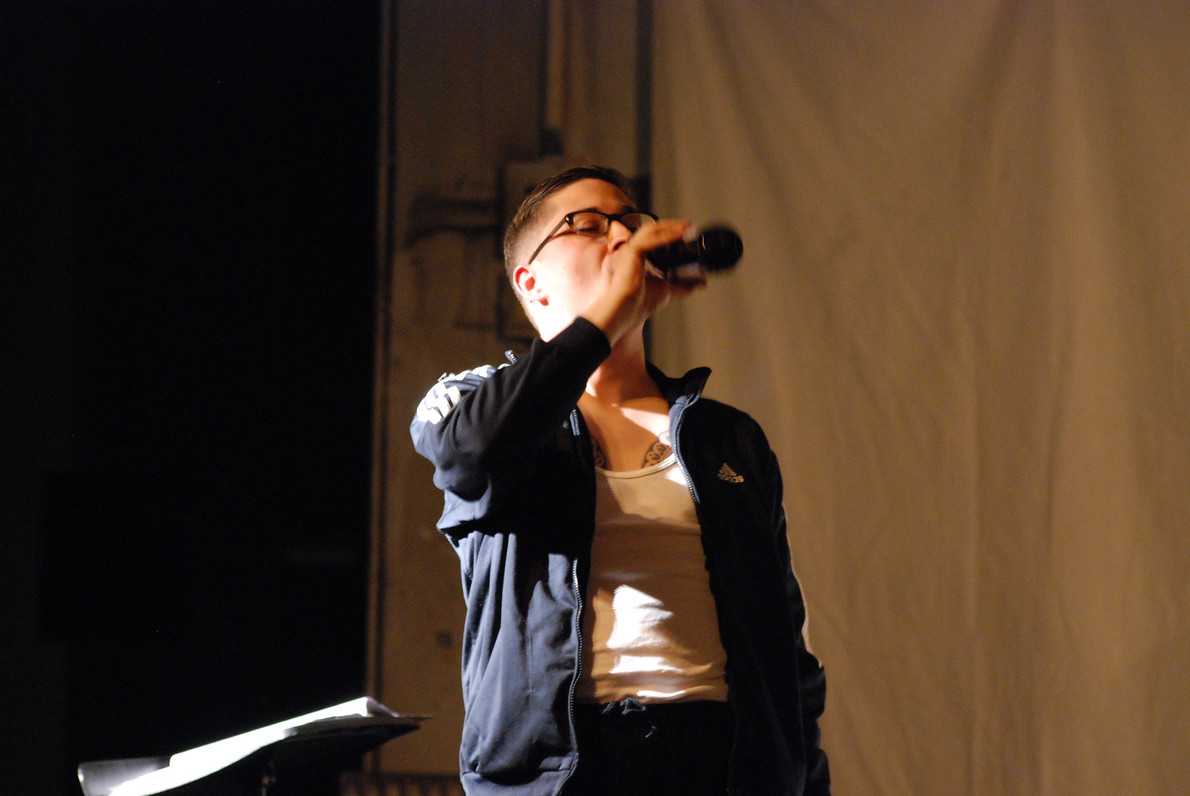
The terms 'steering', 'leadership', 'control' and 'direction' are associated with ideas of the plannability of events and social or artistic processes. Texts are used to define repeatable and controllable actions. They can be used to convey certain procedures, provide reasons and legitimisation for desired behaviour or communicate fictional content.
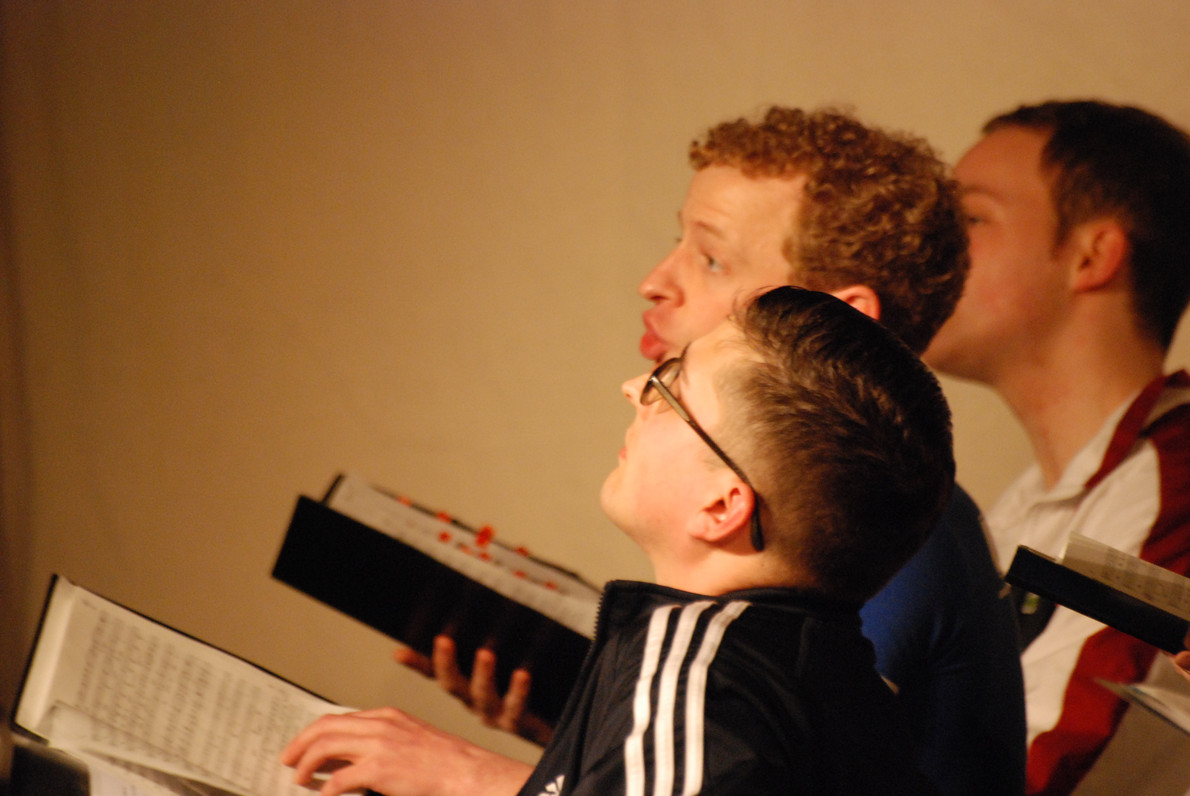
All written statements have one thing in common: in order for them to be effective, a process of interpretation by readers is required. This applies to written instructions from the top management of a company as well as to written procedures in legislation or dramatic texts in the theatre.
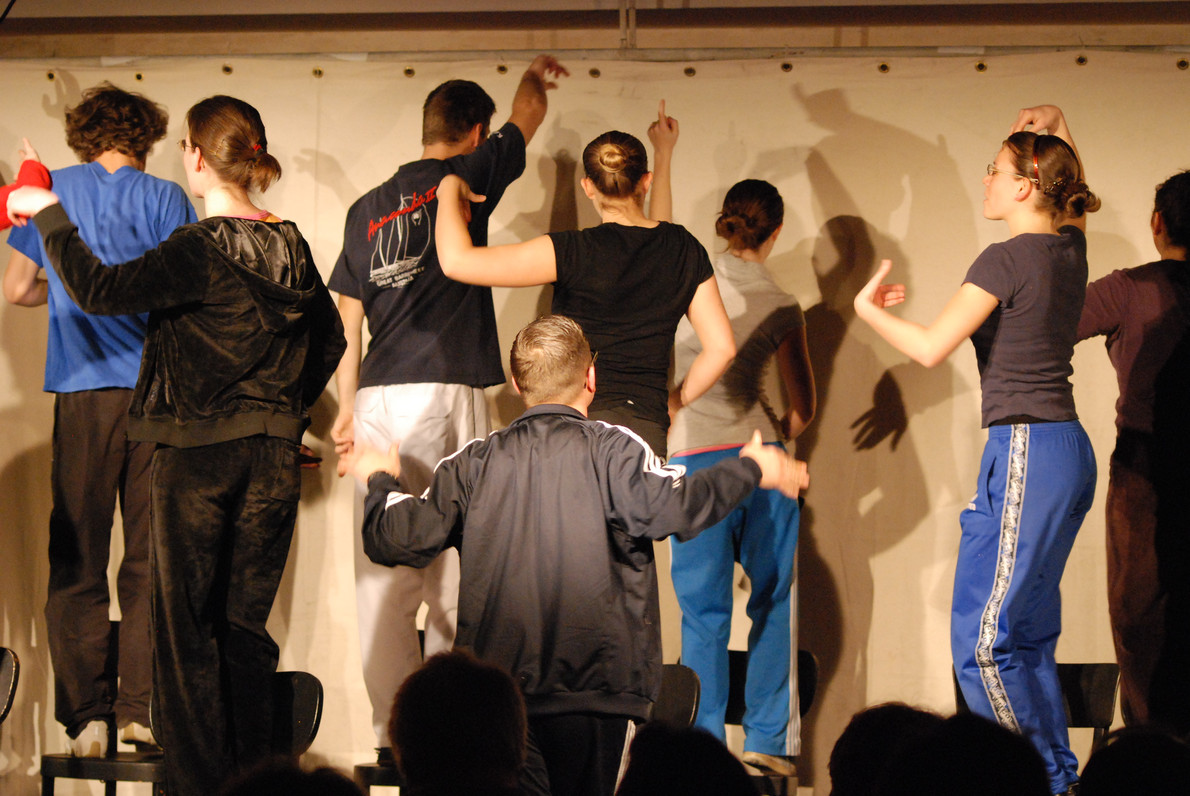
As a means of control, literary texts are not primarily concerned with "goal achievement, efficiency and effectiveness, rationality, decision-making or optimisation" (Böhme et al. 2014:7). Postmodern drama texts tend to be determined by poetic principles that favour the playful. In entrepreneurial contexts, a comparable communicative modality can be observed when it comes to initiating creative processes, promoting product innovations or developing strategies and scenarios for the future.
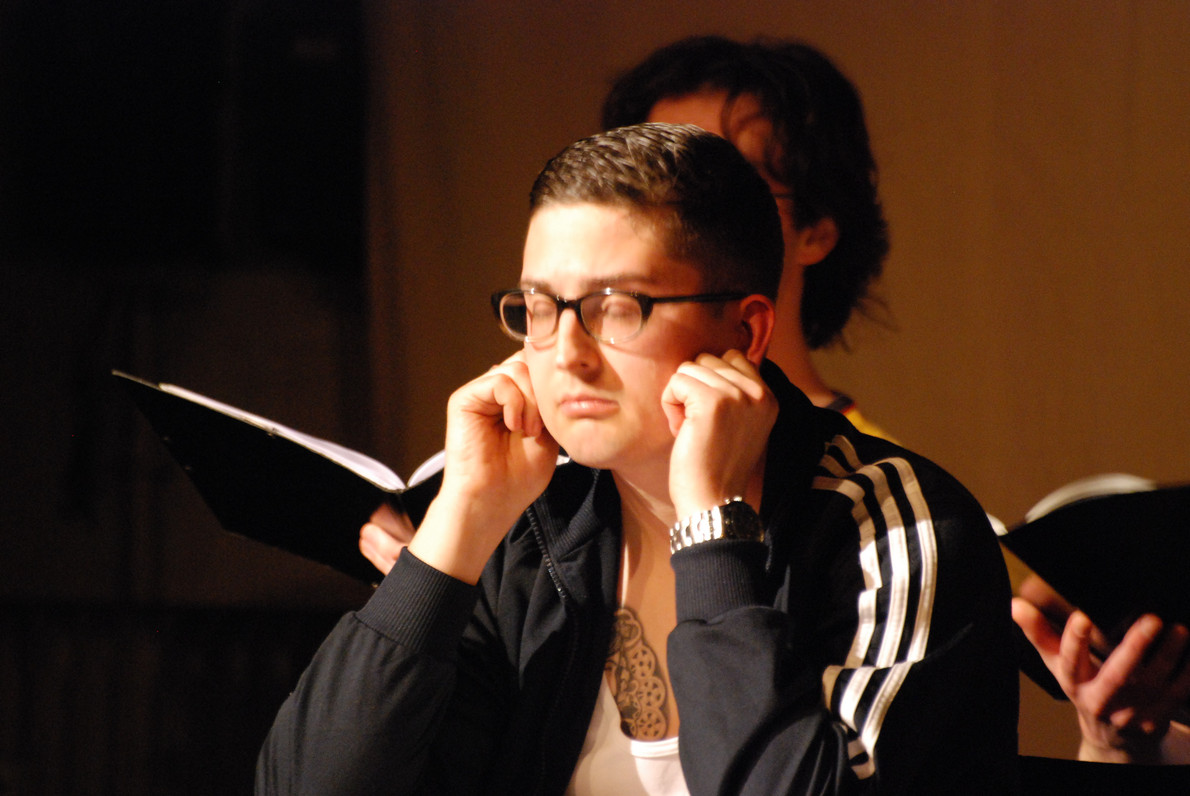
As the material expression of an organisational practice, texts are integrated into processes. The fact that texts do not change in their material and printed form makes them a favoured means of dealing with complexity.
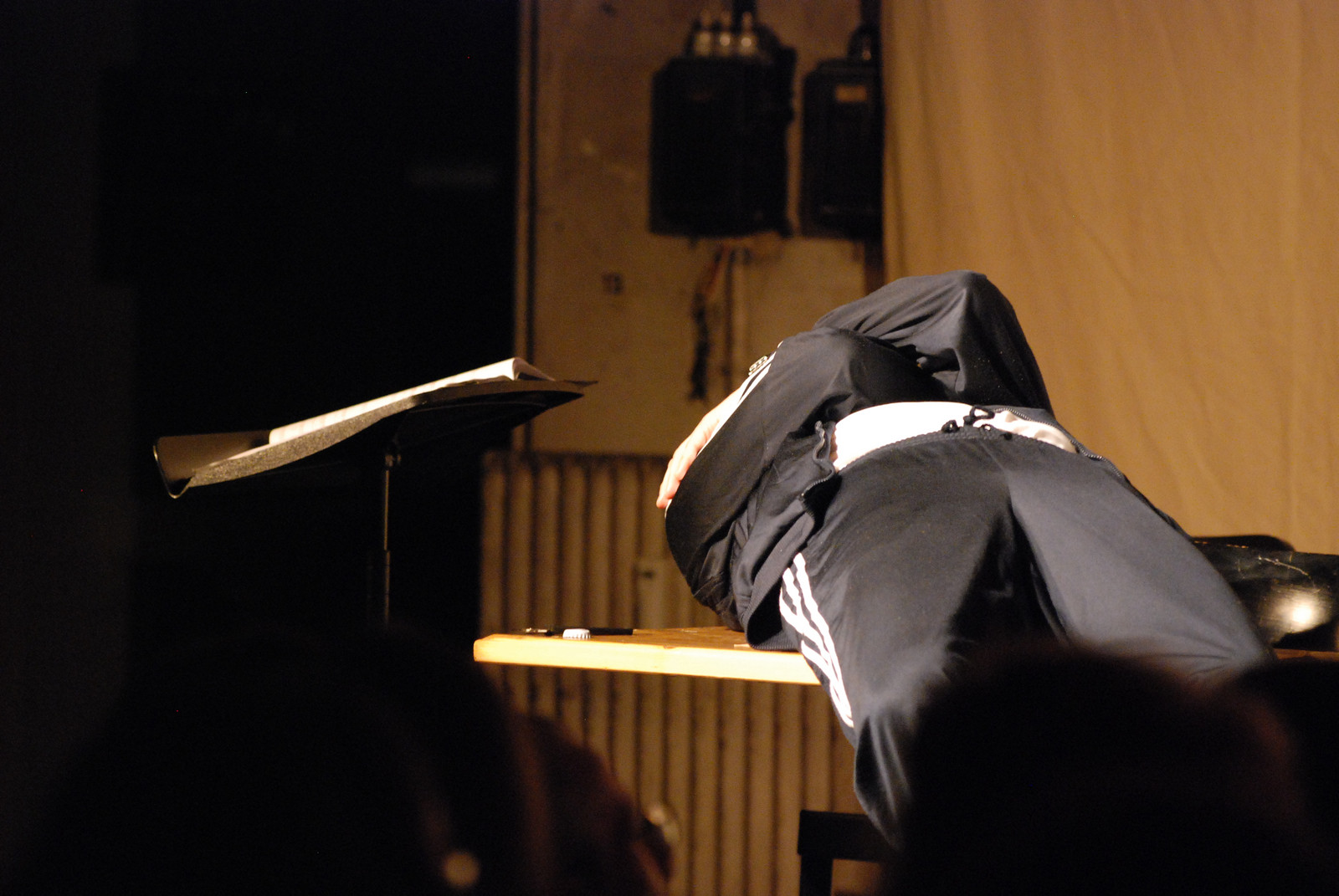
Text by Serge Honegger: Excerpt from the study «Lenkung und Ablenkung» (Control and Deflection), Schwabe-Verlag Basel, 2019, p. 13 and 21
Photos: created for the production "Sitzfleisch" with the vocal ensemble larynx and the actor Reto B. Müller; premiere on 23 March 2007 at the Imprimerie Basel; musical direction: Olivia Heiniger and Jakob Pilgram; director: Serge Honegger